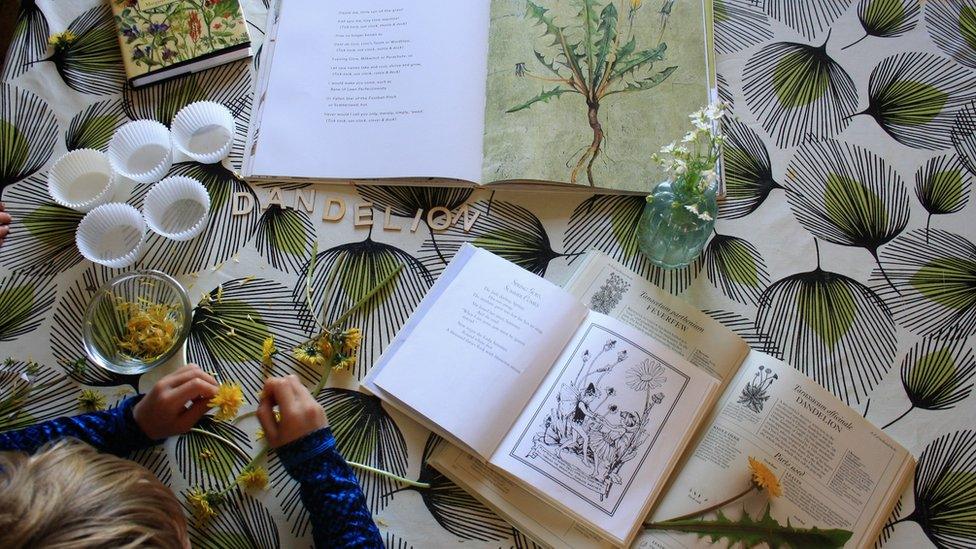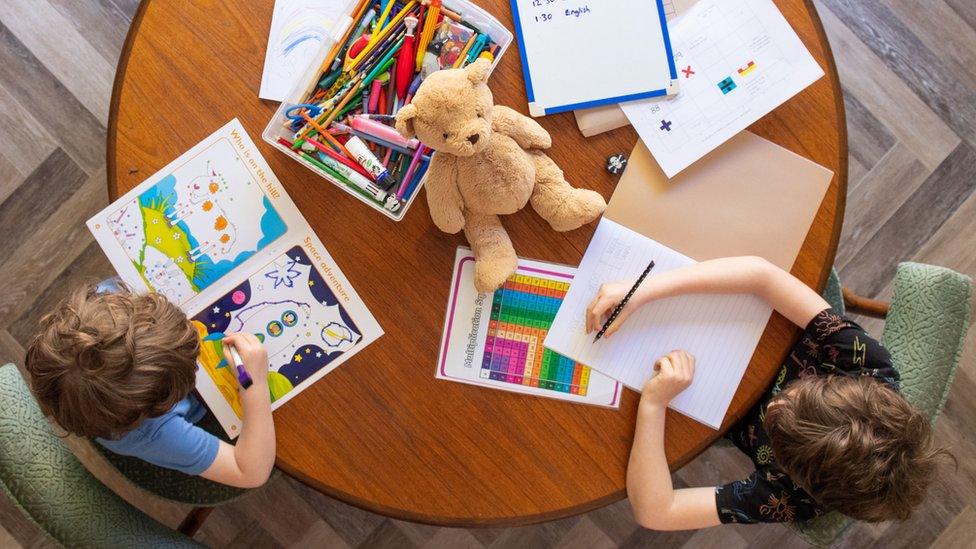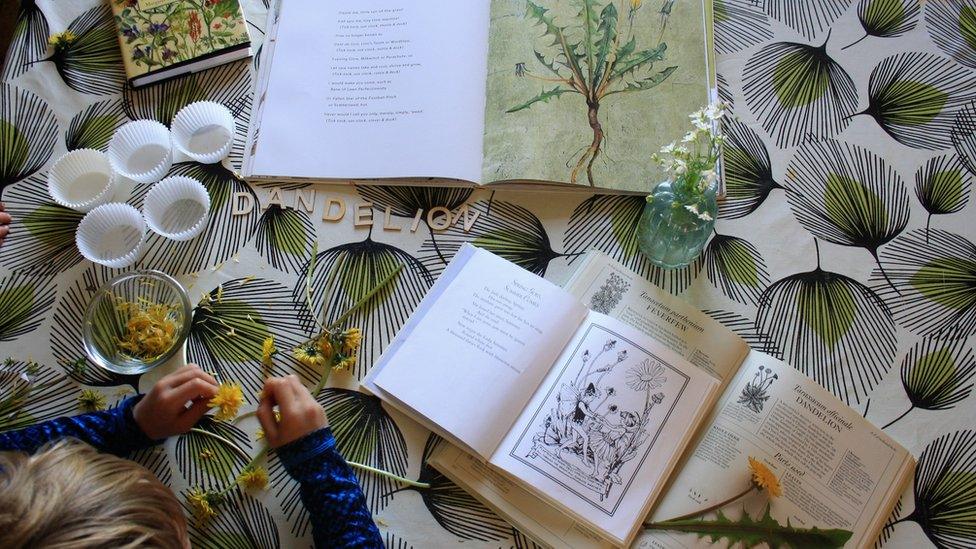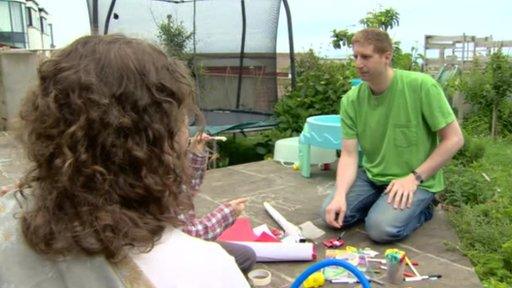NI Education: Home schooling triples in five years
- Published

A total of 796 children are currently being educated at home in Northern Ireland
There has been a significant rise in the number of children being educated at home in Northern Ireland over the past five years.
That is according to figures provided by the Department of Education (DE) in response to an assembly question from the UUP MLA Doug Beattie.
There were 287 children recorded by the Education Authority (EA) as home educated in 2017-18.
That had risen to 796 children in the 2021-22 school year.
It is an increase of about 175%.
However, the true figure could be much higher as parents are not legally required to register with the EA if they want to home educate their child.
They are, however, required by law to ensure their child receives full-time education at home.
Elective home education is the formal term used to describe the practice by which parents decide to educate their children outside of the school system.
According to guidelines published by the EA, parents choose to educate children at home for a variety of reasons including religious belief, dissatisfaction with the school system, special educational needs or for "philosophical reasons".

The extent to which the pandemic prompted parents to stick with home schooling is not clear
A number of parents have previously spoken to BBC News NI about why they decided to home-school their children.
According to the response from the department to Mr Beattie, the EA holds a record of the children who have been registered at school but who have been removed to be electively home educated.
In 2017-18, 116 primary age children and 171 post-primary children were recorded by the EA as home educated.
Those numbers rose in 2018-19 and 2019-20 but they have rocketed during the past two years.
In 2020-21 there were a total of 710 children recorded by the EA as being taught at home - 339 of primary age and 371 of post-primary age.
In the most recent school year, 2021-22, that rose to 796 - with 329 of primary age and 467 of post-primary age.
The majority of children in Northern Ireland were taught remotely out of school for two long spells during the Covid pandemic, from March to June 2020 and then again from Christmas 2020 to Easter 2021.
Only the children of key workers could attend school in-person, although Special Schools remained open for pupils in early 2021.
However, the DE figures do not analyse whether the fact that hundreds of thousands of children were educated out of school during the pandemic has led to a rise in parents deciding to educate their children at home permanently.
Related topics
- Published24 November 2020

- Published15 February 2022

- Published8 October 2018

- Published26 June 2014
